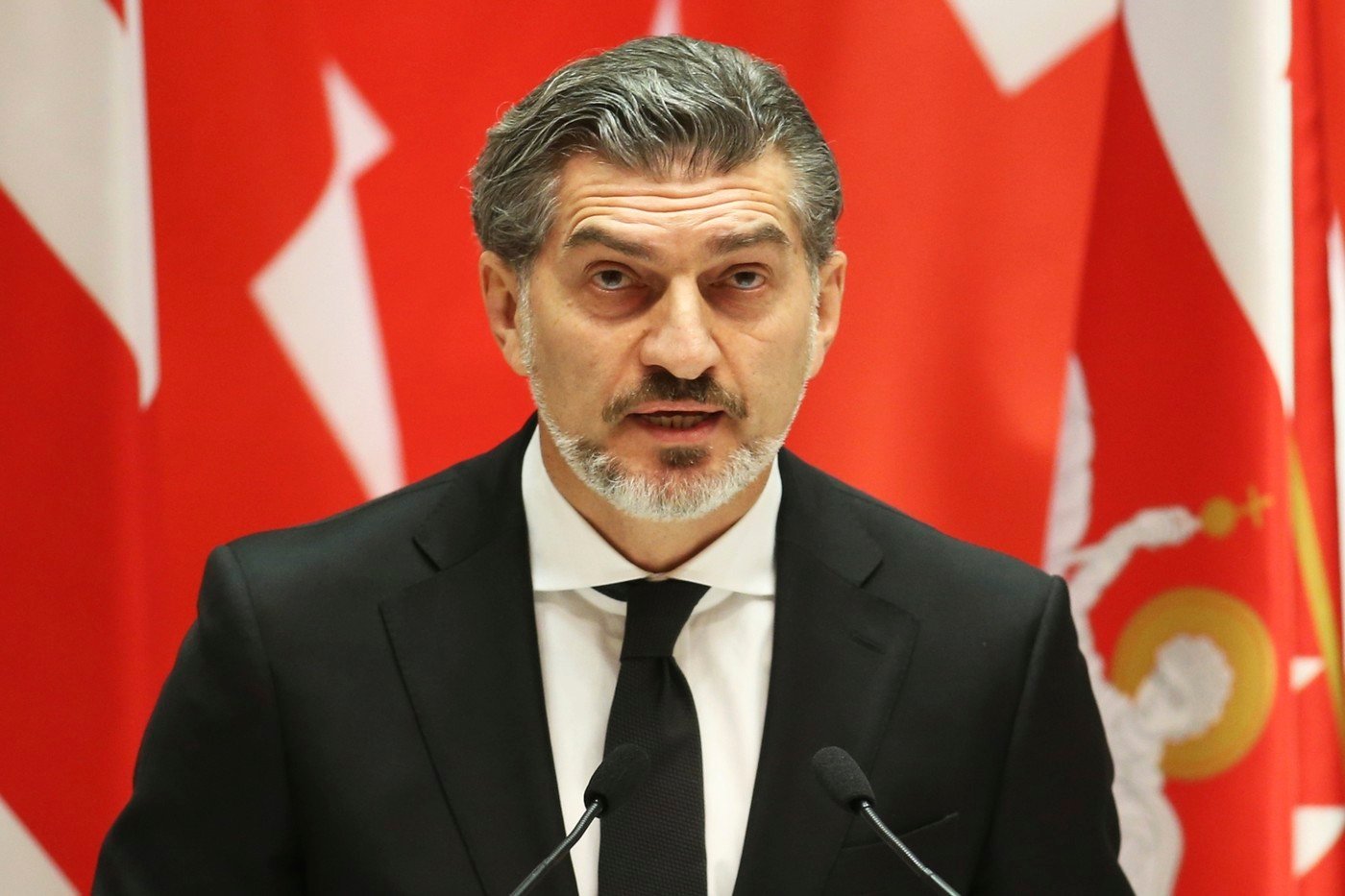On the Losing Side of History
Central European countries' hands-off approach to the troubled euro zone could backfire.

So is the EU about to break up? With the growing market fears of an imminent debt default by Greece and the spillover effect on European economies, that scenario doesn’t seem so far-fetched. And while the euro zone is formally a monetary union, it has always been a political project, and the crisis within it requires a political solution. Looking at the recent behavior of Poland, the Czech Republic, Slovakia, and Hungary, you have to wonder if they realize that, or even understand what is at stake.
Poland, which holds the EU presidency through December, is understandably measured in commenting on the euro crisis and publicly supports every rescue plan Brussels comes up with. Privately, Polish representatives say they’ll wait until the hurricane passes before deciding whether to help out the euro zone countries, or even whether to adopt the beleaguered currency.
As for Hungary, it is slowly but steadily becoming a one-man kingdom. That man, Prime Minister Viktor Orban, is erecting walls around the state and shrinking the free space within. The new media law, modified only after widespread international criticism, is one example. Another is Orban’s proposal last week that all banks in Hungary offer a fixed interest rate, to be set by law, when lending money. In short, Hungary has decided to “fix” the euro troubles on her own and by her means, regardless of the reality outside.
Slovakia, which already uses the common European currency, is blocking the latest agreement to establish a permanent bailout fund in 2013. Leading the chorus of “No” is the leader of one party in the Slovak governing coalition, who says there should be “no help for irresponsible countries” - meaning, of course, highly indebted Greece.
Meanwhile, the Czech Republic is staying out of the fray as its political class considers giving up entirely on the notion of adopting the euro, since the economic pros and cons now favor attachment to the Czech crown.
Each of these countries may have more or less understandable motives, and the economic debate about the rightness of this or that solution to the crisis could go on forever. But the core issue lies elsewhere now. The question of a Greek default has shifted away from Greece and much closer to the whole EU, and even all of Europe. The question has become whether Greece’s default will be planned, in order to mitigate damage, or if it will be more messy, leading to market panic and, probably, collapse of the euro zone.
If that happens, the EU will follow suit, as the member states will have lost the knot that ties them together. While it’s true that the EU existed before the euro came into use, the single currency has been the pinnacle of integration for the bloc, and its demise would shake confidence in the very idea of the union.
So how might Europe look if the euro zone dismantles? A union between France and Germany and a few other countries with a new euro? Nobody knows now, but the logic of global business and markets, as well as economies of scale, will prod mindful states to line up with the big and strong ones for the sake of one another’s stability and the continent’s security.
Let’s imagine some new pact in Europe centered around France and Germany. These two countries will want more partners on board – size does matter – but they will be picky about whom they invite to join their club. Whom might France and Germany want to take among the younger member states in Central Europe? Probably Poland, since it’s a large country and is being more receptive than the others. But Slovakia, with its chain of veto threats in recent years? Orban’s private fiefdom? Or the Czech Republic, saying nothing but “no” to whatever comes out of Brussels?
This will be for France and Germany to decide, their problem to tackle. Our problem – that of the Czechs, Slovaks, Hungarians – will be what might be on offer for us. Would we stand alone, outside a rich new club whose rules we could not influence, and which would likely put up trade and social barriers to benefit itself at our expense? Would we go it alone in a carved-up Europe, heavily dependent on Russian gas and oil, with no strategic resources that might persuade the others to treat us as cherished partners like Switzerland or Norway?
That is the question politicians in Central Europe should try to answer by their deeds today. If they prefer going it alone, they should say so, and present their arguments to their people. If they prefer to stick close to Europe’s big boys, then let them make that case instead. But the time is now. The Europe of tomorrow is being shaped today, and Central European politicians should act accordingly: either be part of the solution to the euro crisis or start working on an alternative coalition among themselves.
If they remain on the fence, the countries that longed in 1989 to become part of a strong, wealthy, united Europe could end up adrift in an insecure European space. And just like that, we could lose what we've built up – lose, in effect, the history of the last 20 years.
This column was originally published on the Transitions Online website (www.tol.org) on 14 September, 2011. Transitions Online covers political, economic and social developments in Central & Eastern Europe, the Balkans and Central Asia.
Pokud jste v článku našli chybu, napište nám prosím na [email protected].









